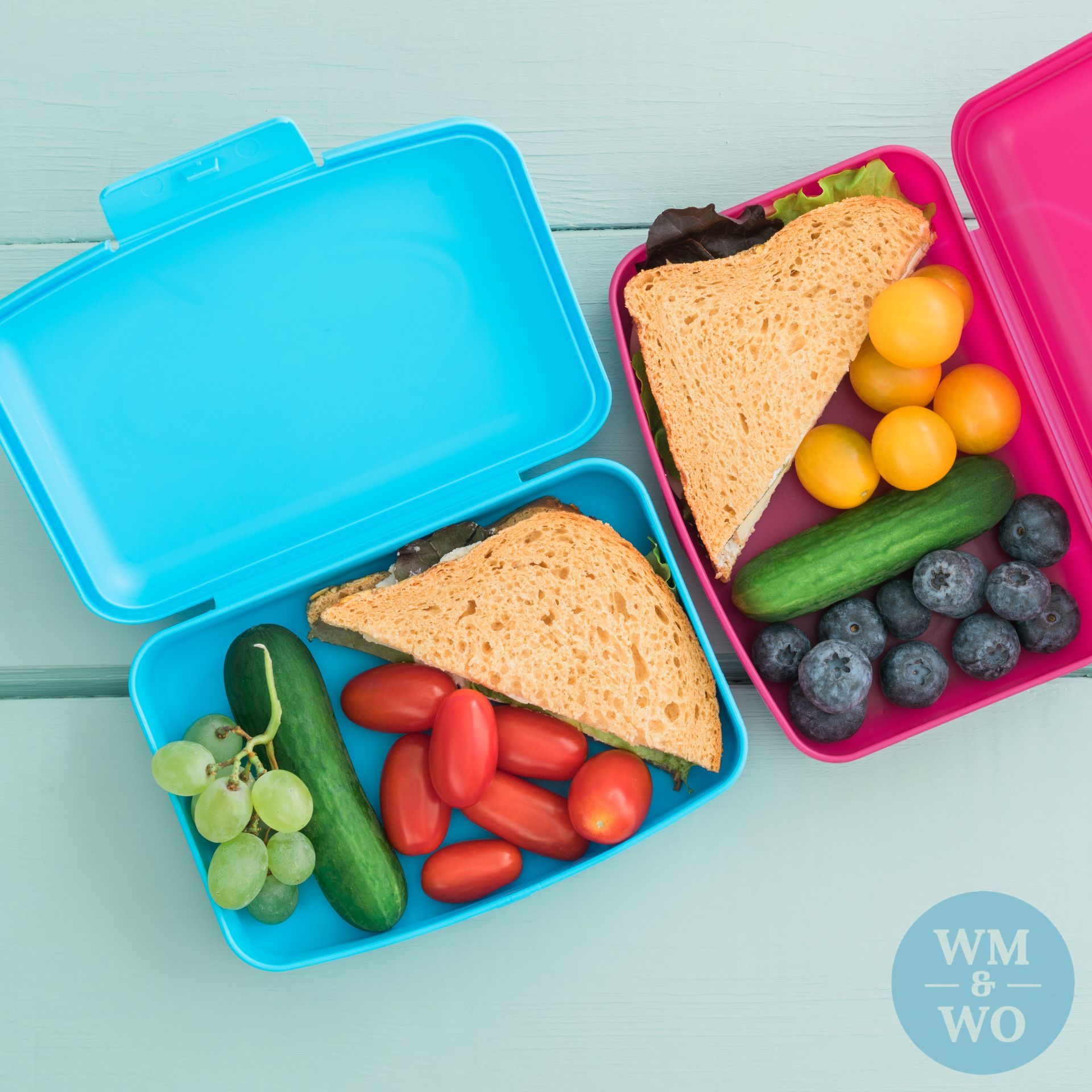PHONE:
What Should I Feed My Child for a Healthy Breakfast?
What Should I Feed My Child for a Healthy Breakfast?

A healthy breakfast is critical for a child's growth, energy, and cognitive function. After hours of fasting overnight, breakfast replenishes the body with nutrients, kick-starting metabolism, and preparing children for a long day at school and activities later in the day. So, the goal of a nutritious breakfast is to provide nutrients to promote good health while keeping your child full until lunchtime. A well-balanced breakfast should include a mix of complex carbohydrates, protein, healthy fats, and vitamins to fuel their bodies and minds.
Key Components of a Healthy Breakfast:
1. Complex Carbohydrates/Whole Grains: Whole grains are rich in fiber, which helps maintain energy levels and keeps the digestive system healthy. Options like whole grain bread (Whole wheat bread or 12-Grain bread), slow-cooked oatmeal, or whole-wheat cereals (like plain Kix®) are great choices. They release energy slowly, keeping kids full and focused until their next meal.
2. Protein: Protein supports growth and development in children, helping to build muscles and tissues. Protein also helps to keep children feeling full. Including eggs, plain Greek yogurt, or cheese (mozzarella cheese sticks, cottage cheese, or Babybel® cheese) can help meet their daily protein requirements. For children who prefer plant-based options, tofu or natural peanut butter on whole-grain toast are excellent alternatives. Avoid processed meats, such as bacon, sausage, and deli ham, which are associated with heart disease and cancer.
3. Fruits and Vegetables: A portion of fruit or vegetables adds essential vitamins, minerals, and fiber to a child’s breakfast and helps us feel full. Fresh fruits like bananas, berries, or apples are convenient and nutritious. Adding vegetables, such as spinach, mushrooms, peppers, or tomatoes to scrambled eggs, boosts their intake of essential micronutrients like vitamin C, potassium, and antioxidants.
4. Healthy Fats: Fats are important for brain development and provide long-lasting energy. Including sources like avocado, nuts, or seeds can offer these benefits. A small portion of almonds or flaxseeds sprinkled on Greek yogurt or slow-cooked oatmeal is both delicious and nutritious.
Examples of Healthy Breakfasts for Children:
- Slow-Cooked Oatmeal with Berries and Nuts: Slow-cooked oatmeal (not from small packets) topped with fresh berries and a sprinkle of cinnamon and/or chopped almonds or walnuts provides fiber, antioxidants, and healthy fats, creating a satisfying meal.
- Whole-Grain or Whole Wheat Toast with Scrambled Eggs and Spinach: This protein-rich breakfast is also packed with iron and other nutrients, offering a balanced start to the day. To reduce the carbohydrate load, give your child no more than one piece of toast.
- Greek Yogurt with Fruit: Greek yogurt is rich in protein and probiotics, aiding in digestion. When combined with fresh or frozen fruit, it makes for a nutritious, energizing breakfast.
- Smoothie with Banana, Spinach, and/or Natural Peanut Butter: Blending fresh or frozen fruits (including avocado) and vegetables into a smoothie can make it easier for picky eaters to get their daily nutrients. Add plain Greek yogurt or natural (or organic) peanut butter for extra protein and healthy fats. It’s easy to make a smoothie too big- aim for just 6 ounces.
- Mini-bagel with Lox: A wheat mini-bagel, lox, and vegetables (tomato and onion) provide a well-balanced meal.
By providing a balanced breakfast, children are more likely to stay energized, focused, and perform better throughout the day.



Contact Us
We will get back to you as soon as possible.
Please try again later.
Please do not send any confidential/medical information. This space is not HIPAA compliant.
Weight Management & Wellness Online | All Rights Reserved | Created by Olive + Ash. Managed by Olive Street Design | Site Map








